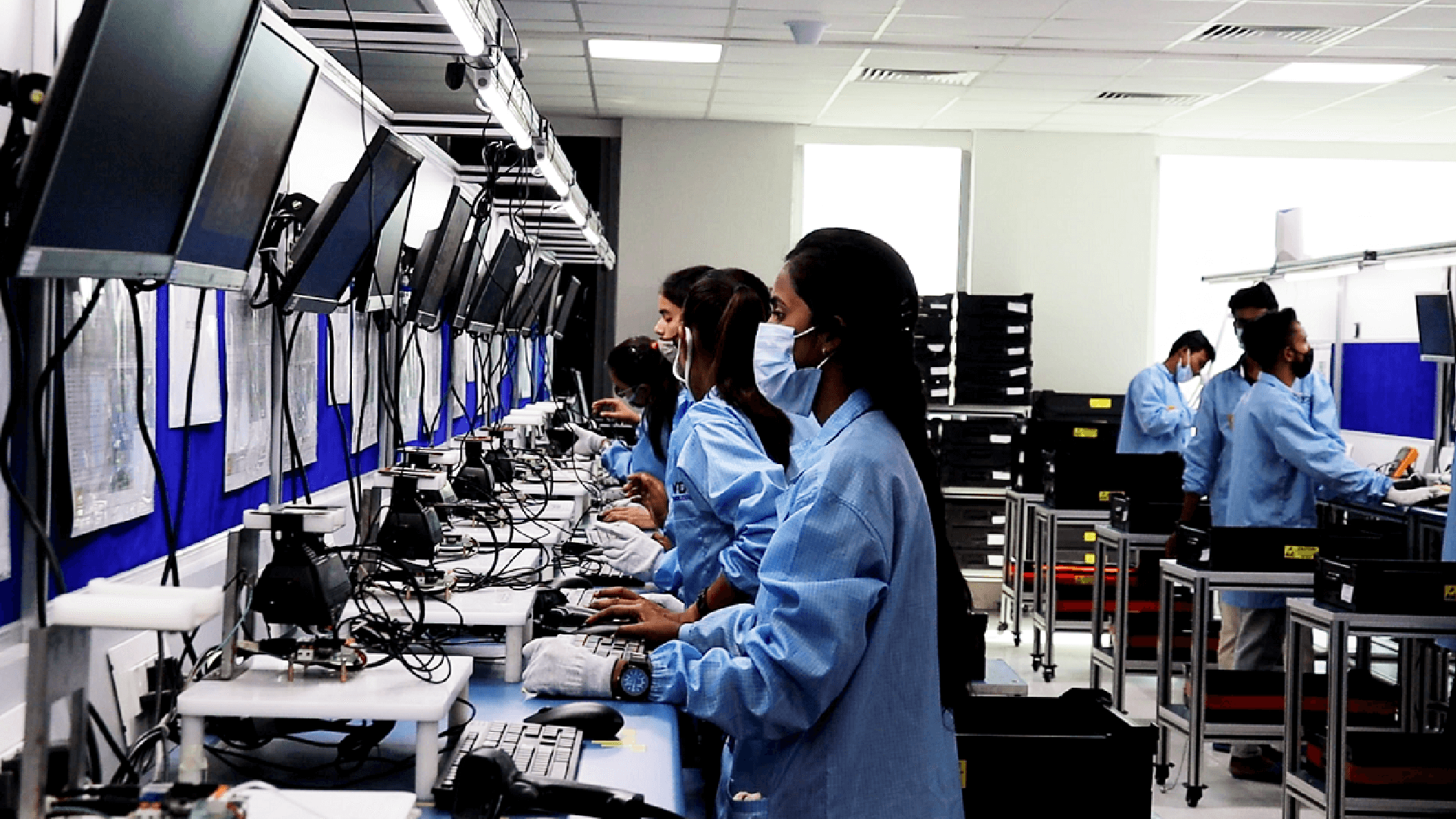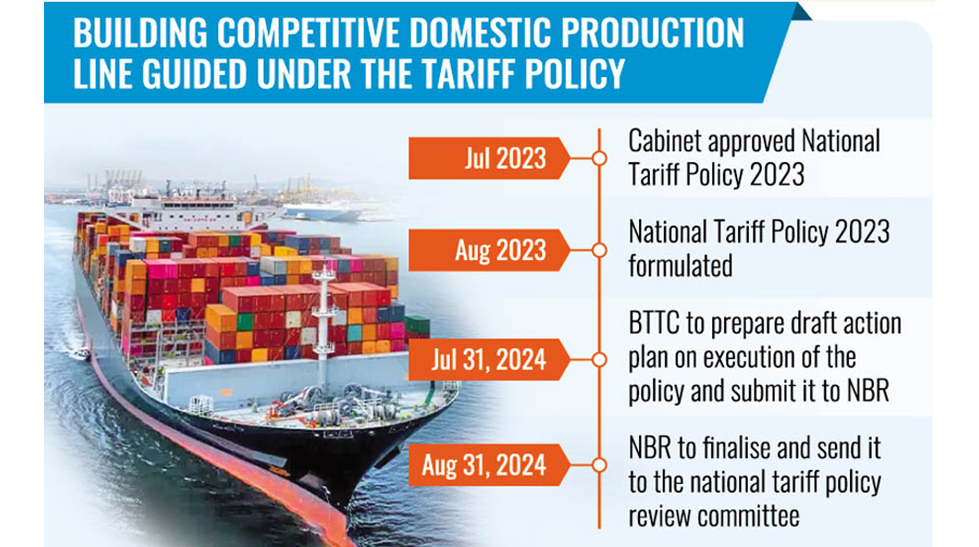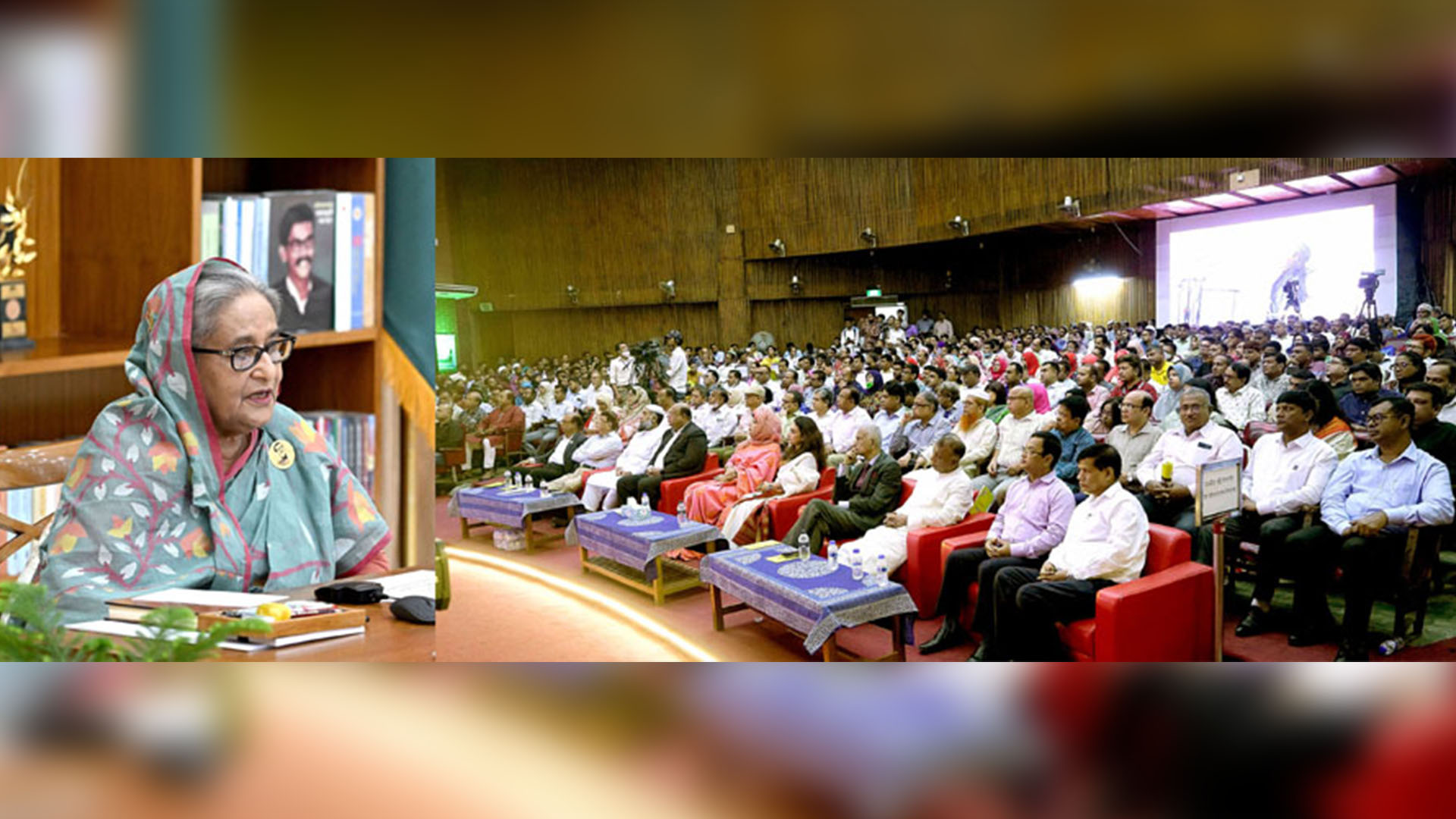Bangladesh's Booming Electronics Industry
- By Naveed Al Razi -- 6 minutes read --
- Nov 22, 23
" Bangladesh's Electronics Industry: Soaring to Global Prominence with Rapid Growth in Consumer Electronics. "
Bangladesh's electronic industry, particularly in consumer electronics and semiconductors, is rapidly growing and evolving. This industry is essential for national security, economic growth, and global competitiveness. The market size of Bangladesh's consumer electronics sector is estimated at $2.28 billion and is expected to reach $10 billion by 2030.
From Imports to Self-Sufficiency
The electronic sector which once was heavily reliant on imports, has become increasingly self-sufficient, with local brands dominating most product categories. Local manufacturing capabilities, emerging international collaborations, and a focus on technology-driven economic development which is attracting foreign investment. Previously, Bangladesh had a minimal presence in hardware manufacturing, including semiconductors. However, with companies like Ulkasemi, PrimeSilicon, and Neural Semiconductor entering the market, and giants like Walton planning investments, the future looks promising.
Nurturing a Digital Economy
Aligned with the government's vision to develop Bangladesh into a fully developed country by 2041, the nation is rapidly advancing as a digital economy. High-speed internet, the establishment of hi-tech parks, and a strong emphasis on technology adaptation are pivotal factors contributing to this economic shift, attracting both local and foreign investments.
Tech Adoption and Market Shift
Bangladesh’s increasing per capita income and urbanization have altered consumer spending habits within a short period of time. The per capita income of Bangladeshis has risen to $2,824, leading to a shift in the consumer electronics market. As the current median age is 27 years, more and more younger citizens are now adapting tech into their daily lives. This is giving hope to the investors. Prominent local brands like Walton have transitioned from assembling to manufacturing electronics, reducing costs and increasing competitiveness which shows tech adaptation is moving rapidly according to the market demand. This success has attracted international brands like Samsung and LG to set up manufacturing plants in Bangladesh, in partnership with local companies. Local brands have focused on offering affordable products without compromising quality. This strategy has made the domestic market more competitive and has led to a preference for local over international brands.
Economic Potential and Global Manufacturing Hub
Despite concerns related to low labour costs, Bangladesh is becoming an attractive destination for foreign investors in electronic manufacturing. Unlike in the past, rural areas in Bangladesh are becoming more adapted to electronics since the country now has over 90% power coverage. A widespread network of dealerships, especially in rural areas, has been pivotal in expanding market reach. Local brands have also improved their after-sales services, enhancing customer satisfaction which predominantly suggests growth unlike ever before.
Bangladesh is poised to become a global manufacturing hub for consumer electronics, which would further enhance its global market reputation and economic prosperity. With challenges and positive forecasts, the future of Bangladesh’s electronic industry looks prominent.
.png)









